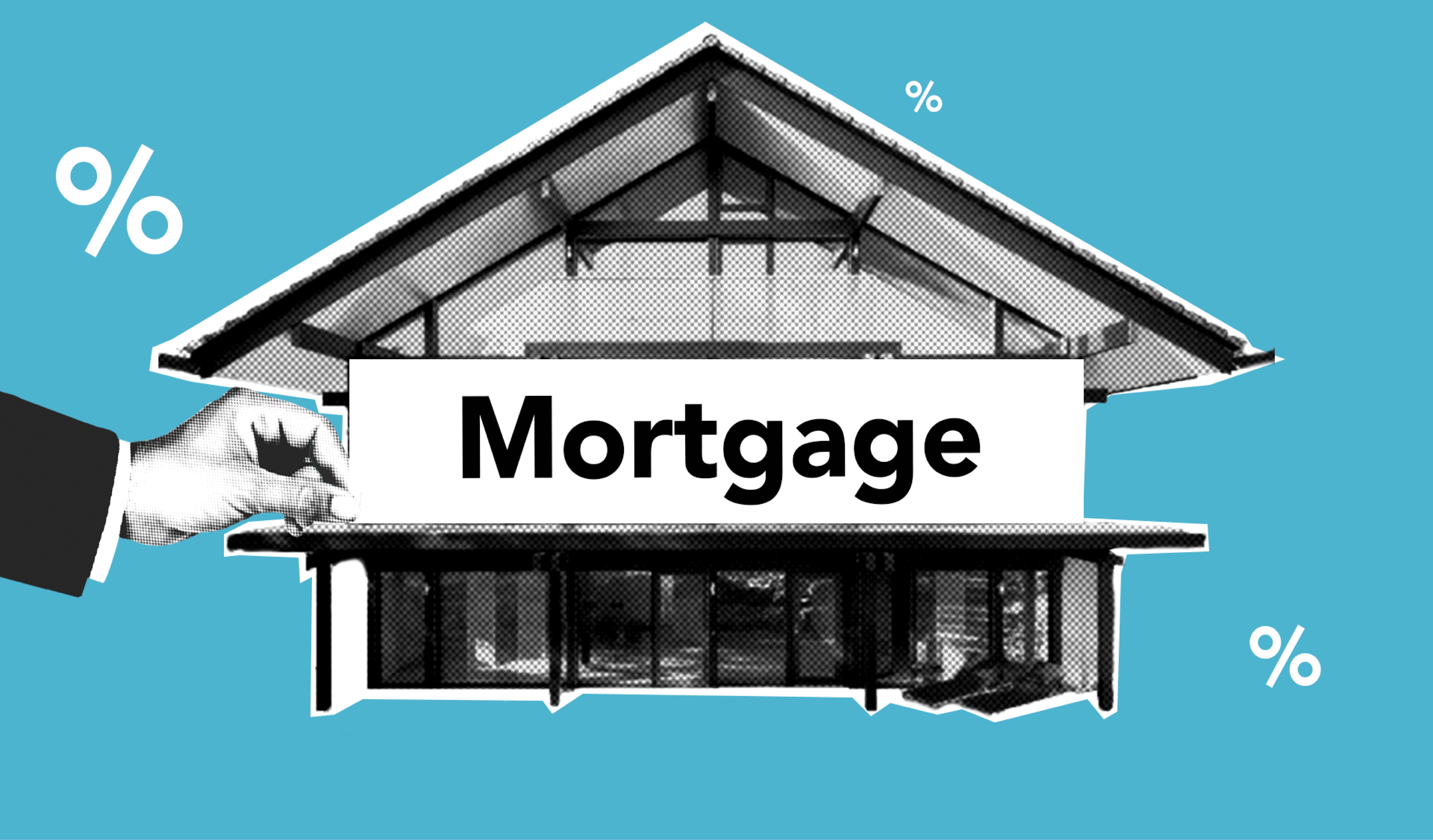
Image Source: Google
Refinancing your home loan can be a smart financial move that can help you lower your monthly payments, reduce your interest rate, or shorten the term of your loan. However, it's important to approach the refinancing process carefully to ensure that you're making the right decision for your financial situation. If you need more information about refinance home loans, you may visit FirstPoint Mortgage Brokers.
Here are 10 essential tips to help you refinance your home loan successfully.
1. Review Your Current Loan Terms
Before you start the refinancing process, it's essential to review your current loan terms to understand what you're currently paying and what changes you'd like to make.
- Check your interest rate, monthly payment, and loan balance.
- Determine your financial goals for refinancing, whether it's lowering your monthly payments, paying off your loan faster, or accessing equity.
2. Improve Your Credit Score
Your credit score plays a significant role in the interest rate you'll qualify for when refinancing your home loan. Take steps to improve your credit score before applying for a new loan.
- Pay your bills on time.
- Reduce your outstanding debt.
- Check your credit report for errors and dispute any inaccuracies.
3. Shop Around for the Best Rates
Don't settle for the first offer you receive. Take the time to shop around and compare rates from multiple lenders to ensure you're getting the best deal.
- Get quotes from different lenders, including banks, credit unions, and online lenders.
- Compare interest rates, closing costs, and loan terms.
- Negotiate with lenders to see if they can offer you better terms.
4. Consider the Costs of Refinancing
Refinancing your home loan comes with costs, such as closing costs, appraisal fees, and origination fees. Make sure you understand the total cost of refinancing before moving forward.
- Factor in all the fees associated with refinancing to determine if it's worth it in the long run.
- Calculate the breakeven point to see how long it will take to recoup the costs of refinancing through savings on your monthly payments.
5. Choose the Right Loan Term
When refinancing your home loan, you have the option to choose a new loan term. Consider your financial goals and how long you plan to stay in your home when selecting the right term.
- Shorten your loan term to pay off your loan faster and save on interest.
- Lengthen your loan term to lower your monthly payments.
- Consider a fixed-rate or adjustable-rate mortgage based on your financial situation.
6. Gather All Necessary Documents
Before applying for a refinance, gather all the necessary documents to speed up the process and ensure a smooth approval.
- Pay stubs and W-2s
- Tax returns
- Bank statements
- Proof of assets
- Homeowners insurance information
7. Avoid Making Major Financial Changes
Once you've started the refinancing process, avoid making any major financial changes, such as taking on new debt or changing jobs, as this can impact your loan approval.
- Avoid large purchases on credit cards.
- Don't open new lines of credit.
- Continue making on-time payments on your existing debts.
8. Stay Informed Throughout the Process
Communicate with your lender regularly and stay informed about the progress of your refinance to address any issues that may arise.
- Ask questions if you don't understand any part of the process.
- Provide any additional documentation or information requested by the lender promptly.
- Review the closing documents carefully before signing.
9. Lock in Your Interest Rate
Once you've found a favorable interest rate, consider locking it in to protect yourself from potential rate increases before closing on your refinance.
- Ask your lender about the option to lock in your rate.
- Understand the terms of the rate lock agreement, including the expiration date.
- Monitor interest rates leading up to your closing date.
10. Evaluate Your Savings and Financial Goals
After completing the refinance process, evaluate your savings and financial goals to ensure that refinancing was a successful move for your overall financial well-being.
- Calculate how much you'll save on interest over the life of the loan.
- Review your new monthly payment and how it fits into your budget.
- Consider reinvesting your savings or paying down other debts.